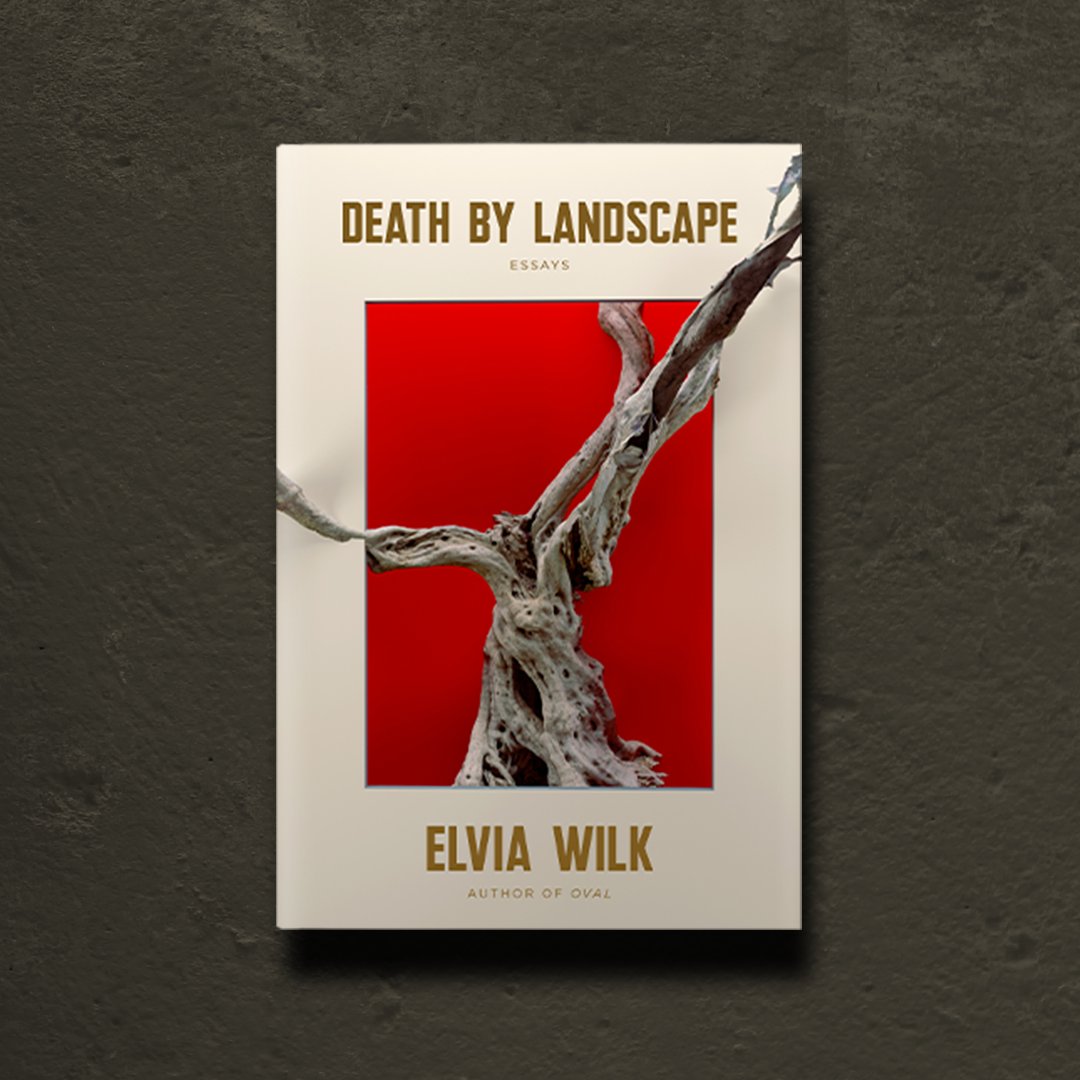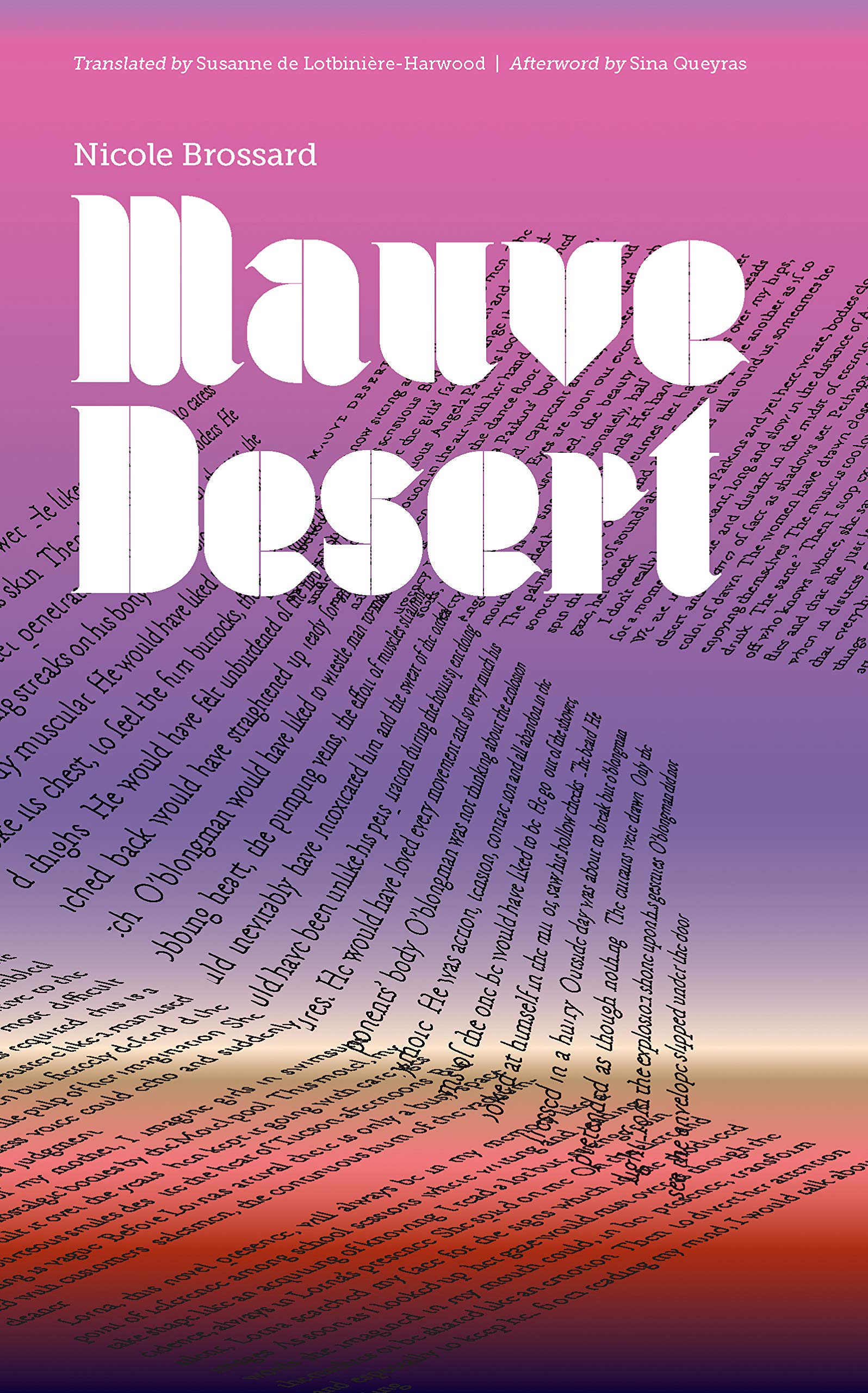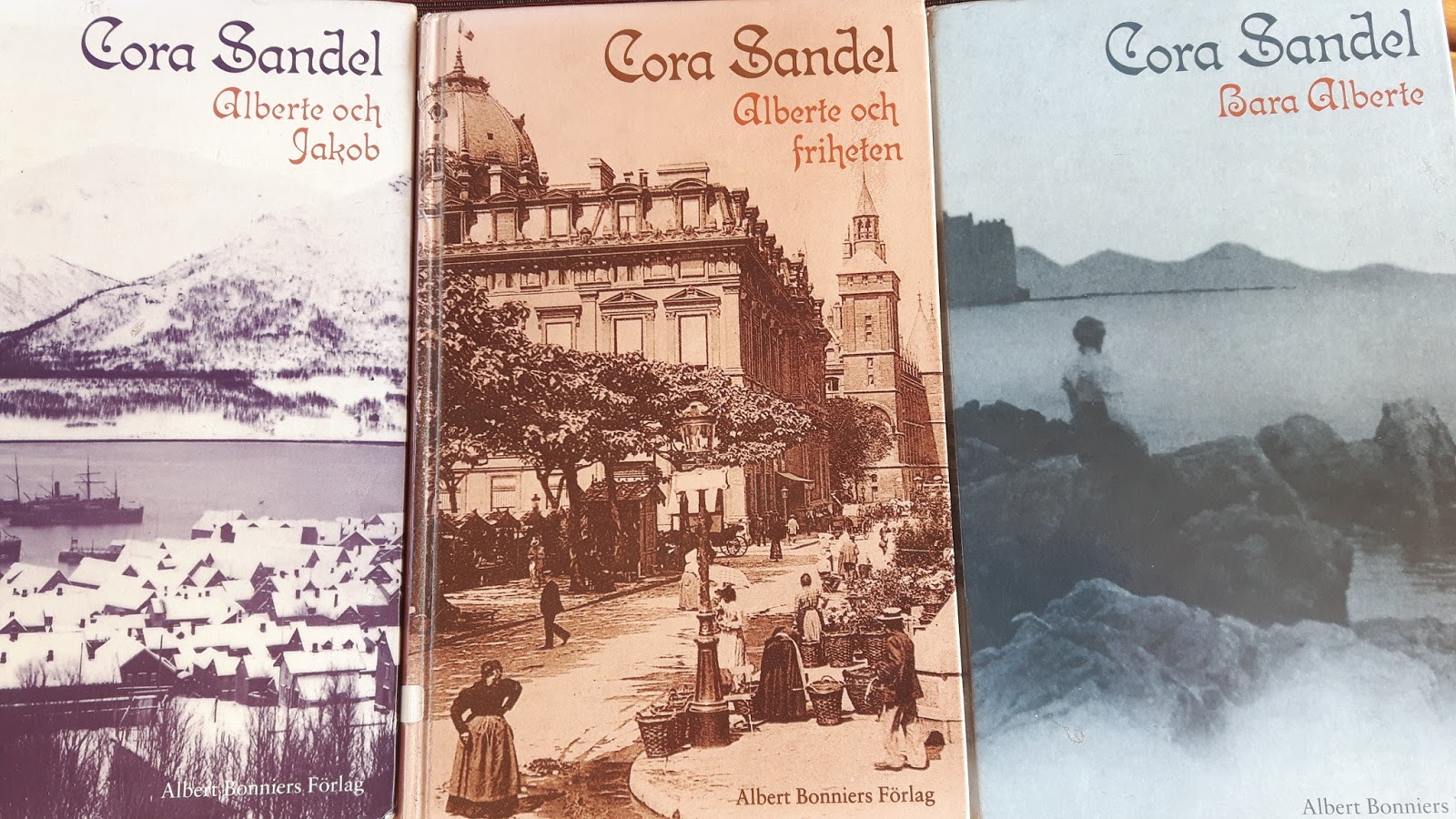Book Club is a new monthly series exploring the literature that inspires some of our favorite musicians. Whether it’s a music biography that got them through the slog of tour, the poetry collection that eked into their most poignant lyrics, or the novel that sparked a rock opera, we’ll get to the bottom of it so you can add it to the top of your book stack. The first edition features Jenny Hval.
Jenny Hval has scattered allusions to her vast literary influences across three novels and eight wide-ranging solo albums—including this month’s Classic Objects, the experimental artist’s poppiest outing and first record for 4AD. But after adopting a Finnish Lapphund named Soba, she found her reading attention turned to dog behavioral guides. “She’s a very high-pitched, loud, dramatic dog—very unlike me,” Hval laughs. “I’m a quiet, ‘let’s not disturb the neighbors’-type, and I get a punk dog.”
While several of her albums contain direct literary references—notably, to Alan Moore and Melinda Gebbie’s Lost Girls, and to the poet Mette Moestrup—Classic Objects’ narrative accessibility was influenced by Hval’s canine reading as she trained Soba, along with some forays into the poetry of fellow multidisciplinarian David Berman. “That’s why I wanted to tell simple stories,” she explains. “Normally I’ve been much more of a student while producing my albums. But it was so quiet in pandemic life.”
Hval’s own work as a novelist also played a major role in her latest album’s lyrics. For many months, she spent each day writing a new book. Its plot was inspired by a spectacle of a proposal that took place in the audience during Hval’s The Practice of Love tour—a show that was focused on the possibilities of love outside of a heternormative concept. “It made me question who I am to speak, and try to write anything at all, when I am maybe always contradicting my words with my actions,” she says. “But as I was writing about it, it became too much of a memoir, and it became very laborious to write. I felt there was no music or poetry or opportunity left to write something fictional, something that speaks into the unknown.” She condensed the manuscript, around one hundred pages long, into four pages of lyrics, which inspired the songs “Year of Love,” “Year of Sky” and other portions of the record.
In advance of her return to touring for Classic Objects, Hval tells me about some of the books that have inspired her most, and helped clear her mind amid the chaos of a career in the arts. “Right before an album release, there’s a lot of pressure and there’s so much shifting in your calendar all the time,” she says. “It’s great to do things, but it’s also great to have breaks and read yourself back to sanity.”
SPIN: What are you reading right now?
Jenny Hval: I just finished Elvia Wilk’s [forthcoming] collection of essays Death by Landscape. After reading one page, I was already buying books that she was referencing. Which is very annoying, because you want to read but you also want to hoard all your new influences. It’s so fun to read a book when you start and immediately, you’re so inspired that it’s like having an amazing cup of coffee. You feel high.

The way she writes is very in-the-world, doubting hierarchies within art and art criticism. She writes a bit about LARP and roleplay and how that is a challenge to what we believe is good art. A lot of the material in the book is about the perspective shift of a classic protagonist, as we know it in literature, to a landscape. Someone’s being dissolved in a landscape, or going into new worlds in which a landscape means something it doesn’t in our world. It’s very beautifully dissolving our ideas of good art, and for that I love it. She published a novel called Oval, which I haven’t read and which I will read now.
You mentioned that Elvia Wilk is writing anti-hierarchically, and opposing canon is a theme in your book Girls Against God. But there are foundational feminist writers who you’ve cited as significant to your work. Are there writers you’d want to canonize?
I wish I spoke French and could read French, because then I could do more with the work of Nicole Brossard. I’ve read her Mauve Desert in English many times. I don’t think there’s any book I’ve read more, other than since childhood when I read too many books about horses. But Mauve Desert is one of my cornerstone books that I’ve kept coming back to, and every time it’s new. It’s such an amazing ride. The language flows like a fever dream, and it’s so easy to get lost in it. I actually wrote a thesis on it when I was very young, and then I returned to that novel a few years later and was like, “Ugh, I had this opportunity, and I just didn’t get it.” Because I felt I had enjoyed the freedom in reading it too much to actually go deep into the content or the elements, its form, its actual shape, its use of language. But I think I’ll keep returning to it every now and then.

I know you like Chris Kraus, McKenzie Wark and Franco Berardi. Those writers have all been published by Semiotext(e), right? Are there other presses you follow?
I do follow Semiotext(e) but that’s almost the only one I’m so conscious of. I’m the same with labels… I guess I go directly for the source and follow more critics and friends and authors. Sometimes I realize I have five books from the same press next to each other in my bookshelf, and I did not even notice. I have a good friend who’s a Danish critic called Susanne Christensen, and she has shown me so much I’ve fallen in love with as a reader. When I was younger I read a lot of Susan Sontag, which I keep returning to every now and again, and I’ve discovered more classic-type things from her. I’ve also discovered a lot through the various Chris Kraus books I’ve read. And there are a couple more Norwegian critics and academics that I’ve enjoyed following a bit over the years. But a really big source of inspiration for me has probably been Susanne.
On your new album, there’s this lyric: “I am reading books now about writing and insects.” Between that and the dog books, is it right to assume you enjoy science writing?
I wasn’t reading insect books, though I’d love to because they freak me out. I read this incredible trilogy when the pandemic began, before the dog took over. It’s the Alberte trilogy by Cora Sandel. I had it on my shelf for the longest time, and when the pandemic began, I thought I should read books I’d bought or been given that I hadn’t read. This trilogy is set during the Spanish flu, so it felt very associative. It’s about a female writer at a time when it was more different to be a female struggling artist than a male struggling artist. And Alberte, the main character, is not yet writing. But it’s her existence as quite a young person in the bohemian Paris world. She relates more, in her spirit world, to all the bugs that are around her. All her major life moments take place in these moments where she’s in grass with insects surrounding her. That’s her fellowship. That’s her world, more than the other artists. And that’s language coming to her—little words buzzing around her.

So that’s a really beautiful Norwegian classic that more people should read. It’s presented as a simple story, but because of this imagery, it’s much more modernist than its reputation. Maybe because it was a female writer, it was condemned as something of lesser value in its modernist or genre-bending quality, and seen as more of a traditional novel than it actually is. It’s something I hope Chris Kraus has read. It’s become really important for me. I wish I’d read it as a very young teenager.
You were once in conversation with Alexandra Kleeman, who I also love. Do you have a bucket list of contemporary writers you’d most like to speak with?
I think that every time I meet someone who would be on a bucket list, I would just become very emotional and unable to speak, and I would feel very embarrassed about discussing my work when I only want to discuss their work. I did meet Chris Kraus. She didn’t know of me—this is a while back. I think she did, in the end, receive a copy of my album [Blood Bitch] with the song “Conceptual Romance” on it, where I sort of paraphrase her. And she did also read my first novel I think, which made me die a little bit. But when I met her I felt like a jellyfish. I’m not the person who goes up to an artist after a show. I’m the person who goes home and enjoys that I was there and got to hear the music.

Leave a comment